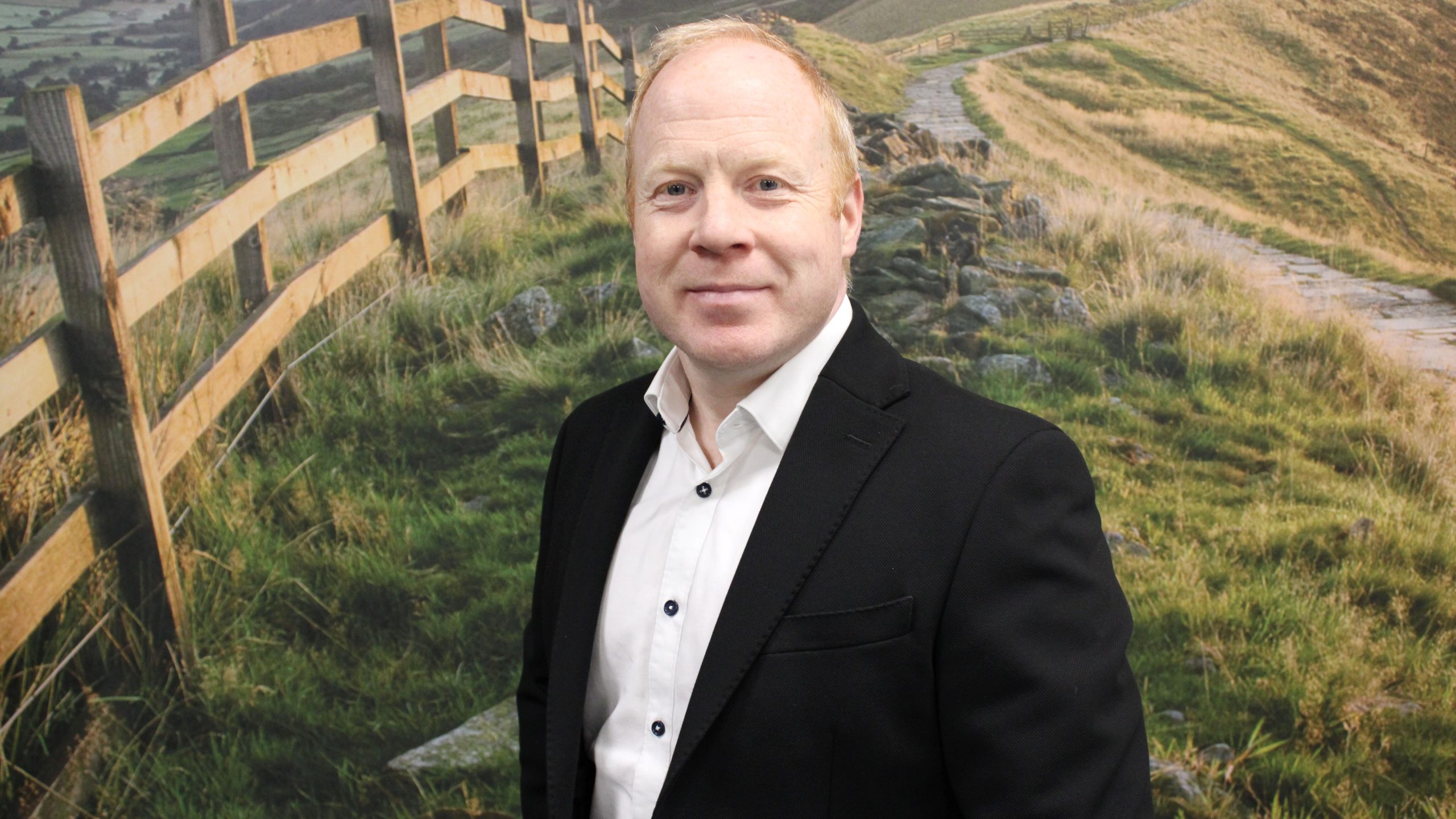
The water industry is at an inflection point. With a laundry list of current challenges, including trying to avoid a repeat of last year’s hosepipe bans, reduce consumption and leakage, respond to scrutiny over sewage levels, and maximize customer engagement, it is facing a steep uphill battle.
To stand a chance of victory, water companies must turn to tried and tested technological solutions, underscored by collaboration, and pair this with long-term innovations. However, innovation can’t be done for innovation’s sake, and it certainly cannot exist in a vacuum. It must span the breadth of the value chain, but in a way that is both targeted and efficient. At a recent conference, I overheard one attendee say something that really resonated with me: “The water industry has more pilots than the airline industry.” And they aren’t wrong. While innovation is vital to solving the industry’s present and future challenges, the current approach requires far greater focus and direction.
And it needs this now. Ofwat and Defra’s recent decision to bring the investment period forward means that water companies must speed up their timelines. Pilots and proofs of concepts are the lifeblood of innovation, but the strategies employed to respond to Ofwat and Defra’s call to action must be solutions-led and deliver tangible results. And perhaps more crucially, with £1.6 billion committed, they must be scalable.
Tailored technology solutions
The focus on smart metering within both the government’s announcements and Ofwat’s accelerated funding is a very welcome one. Smart metering has a considerable role to play in addressing issues pertaining to water scarcity and the environmental challenges that lie ahead, and is also primed to unlock wider cost-based societal benefits. Indeed, research conducted by Artesia and Frontier Economics shows that Advanced Metering Infrastructure (AMI) metering, for example, could deliver up to £2.2 billion in net benefit across England and Wales.
While some of the conversation around smart metering has related to more accurate billing, it’s the insights delivered by the communications network behind the metering that offer the most value. Whether it’s helping water companies to identify and fix leaks faster, reduce energy usage, or supercharge customer engagement, these networks will be critical to meeting the objectives set by Ofwat and the government.
Beyond insights, responding to Ofwat’s initiative is going to require a blend of technology solutions. Rather than starting from scratch, water companies should be leaning heavily on those solutions that are already available and that have a proven track record. These can then be augmented with newer complementary technologies to maximize scale and impact; enabling solutions to be matched to each water company’s particular circumstance.
Unfortunately, no one-size-fits-all solution is going to exist. Whether it’s issues around differing geographies, scalability, or customer engagement, each water company has its own set of unique parameters. So where do they go from here?
In it together
Alongside these blended technology solutions, successfully acting on the impetus set by Ofwat and Defra is going to require collaboration. However, the nature of this collaboration will likely differ on a case-by-case basis. Take your larger water companies for instance. Here, the collaborative focus for procurement officers and c-suite members should be on the supply chain – ensuring that its length and breadth is working together to deliver solutions quickly at scale. With policy change and technological innovation occurring at a rapid pace but fewer resources and less margin for error, the focus will be slightly different for smaller water companies. Instead, their collaboration should be with each other. Whether that’s to plan together, or even get procured together, inter-company collaboration will allow them to respond to the market at scale and have a louder voice at a time when it’s crucial that they are heard.
Right now, the water industry cannot afford to sit on its hands. The task it faces, while challenging, is clear, and one that water companies should be looking forward to meeting. Doing so successfully will require trusted technology partners, tailored solutions that build on proven successes, and a united approach. When combined, these factors will allow water companies to deliver real change, for the benefit of the environment, and their customers.



